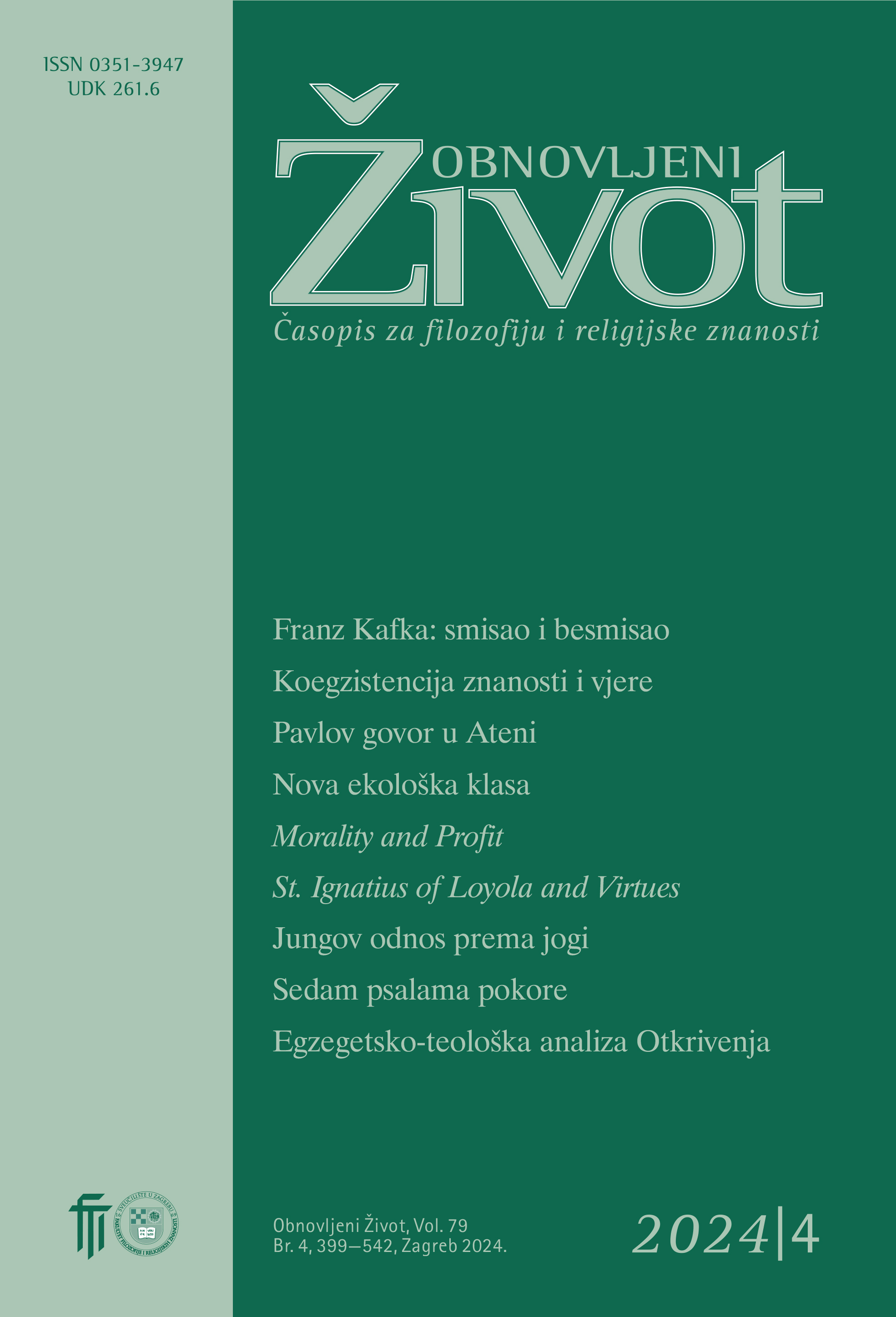The New Ecological Class
The Traditional Middle–Class Left as a „Preacher“ of the Ideology of Degrowth
Keywords:
degrowth, new ecological class, new middle classes, traditional middle class, postindustrialization, capitalismAbstract
Based on the theoretical conception of Latour and Schultz, extensive ecological transformation requires a clearly defined class actor. Some indicators of value orientation that converge with the ideological concept of so–called degrowth were tested. Analysis was performed on data collected within the ISSP 2020 research project. Results indicate that the highest values of agreement with the propositions of the degrowth ideology are recorded among citizens of the more developed European countries and among left–oriented members of three typical factions of the traditional middle class: professionals in the social sector, culture, legal affairs, education and healthcare. The reasons why there has been detected in these social strata the largest number of those who agree with the concept of radical ecological transformation could be explained by the stratification and sociocultural polarizations of late capitalism. Also, the results of the analysis conducted indicate that a declarative readiness for a radical ecological transformation is much less salient in stratification positions below the middle class, which confirms the findings of some previous research that in most European countries the largest share of the population is not ready for radical ecological changes. Therefore, the mass social base that would establish ecology as a „political force“, which Latour and Schultz insist on, momentarily is not clearly identifiable in the structure of the social corpus of contemporary European societies.
Downloads
Published
Issue
Section
License
Jednom prihvaćeni članak obvezuje autora da ga ne smije objaviti drugdje bez dozvole uredništva, a i tada samo uz bilješku da je objavljen prvi put u Obnovljenom životu. Uredništvo će obavijestiti autora o prihvaćanju ili neprihvaćanju članka za objavljivanje.
Članci objavljeni u časopisu se, uz prikladno navođenje izvora, smiju besplatno koristiti u obrazovne i druge nekomercijalne svrhe.


